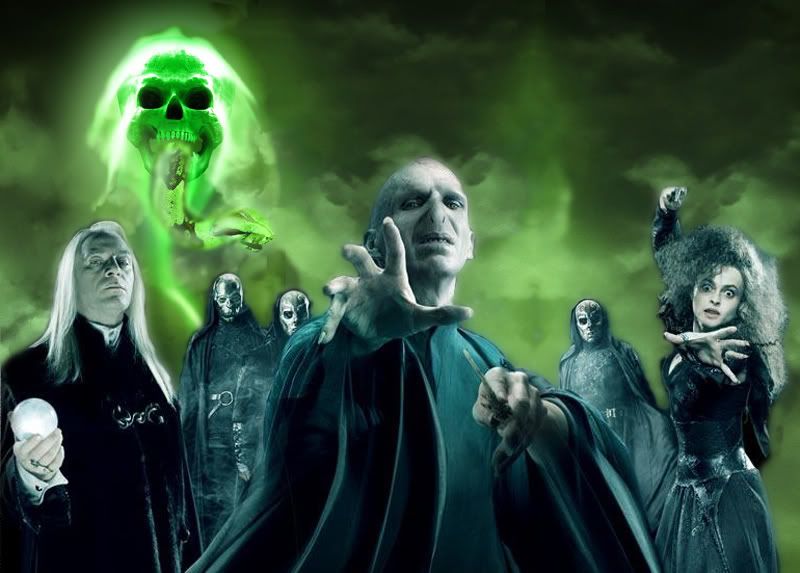 "Utopias appear to be much more feasible than was previously thought. And we are now faced with problems far more distressing: How to avoid their final completion? . . . Utopias are realizable. Life march towards utopias. And maybe a new century begins there, a century in which intellectuals and the educated class will dream how to avoid utopias and return to a non-utopian, less 'perfect' and free" (Nicolas Berdiaeff . . . is kind of scary looking).
"Utopias appear to be much more feasible than was previously thought. And we are now faced with problems far more distressing: How to avoid their final completion? . . . Utopias are realizable. Life march towards utopias. And maybe a new century begins there, a century in which intellectuals and the educated class will dream how to avoid utopias and return to a non-utopian, less 'perfect' and free" (Nicolas Berdiaeff . . . is kind of scary looking).For my last post about Brave New World (in your pants), I'm going to analyze the appropriateness of this French quote at the beginning of the novel. Technically, I stole this idea, but I typed it into Google Translate all by myself!
Overall, the sentiment fits the book nicely. Clearly, neither this quote nor the novel are pro-utopia. The quote does a good job of warning of the distinct possibility of the formation of a utopia in the modern world -- "life march towards utopias."
I don't necessarily agree with the last sentence -- "non-utopian, less 'perfect' and free" -- because the utopia in the book was not free at all. Unless, of course, the word "less" does not also modify the word "free." Google Translate was not very clear about that.
Sooo here's what I've learned from this book.
- Humans need to be willing to endure pain.
- Individualism is just as important as society.
- Just say no to soma.
- Life march towards utopias.
- Self-expression is difficult when one's environment is overly stable.
- If you sleep with too many men in New Mexico, their wives will get mad at you.






